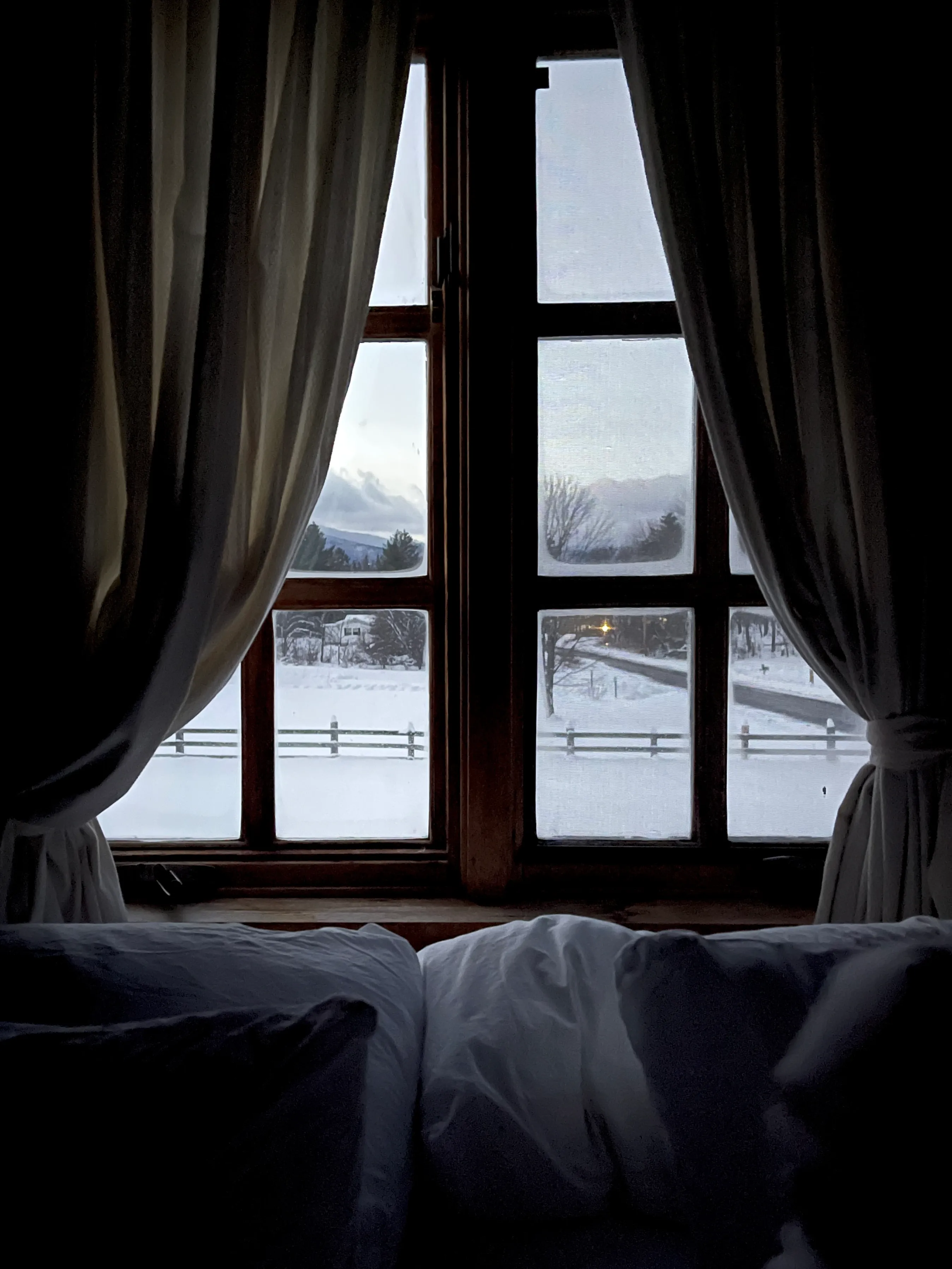
After a tiring day, you snuggle under the covers, hoping to drift off to dreamland. But instead, you lie awake, and the minutes (or hours) tick by without a dream in sight. Or maybe you fall asleep quickly, but wake up at 3 a.m. and can’t get back to sleep.
After a tiring day, you snuggle under the covers, hoping to drift off to dreamland. But instead, you lie awake, and the minutes (or hours) tick by without a dream in sight. Or maybe you fall asleep quickly, but wake up at 3 a.m. and can’t get back to sleep.
Such scenarios are not uncommon for women in perimenopause and menopause with declining hormone levels, as lower levels of estrogen and progesterone are associated with sleep disturbances. In fact, almost 50% of perimenopausal women and up to 60% of menopausal women suffer from some type of insomnia.
For many women, nighttime awakenings are the biggest sleep disruptor, with hot flashes being a frequent contributor. Studies show that women with moderate to severe hot flashes are about 3 times more likely to wake up at night compared to those who don’t have hot flashes. Another sleep-robbing culprit is bladder issues that lead to traipsing to the bathroom during the night.
No matter the reason for the sleep interruptions, the lack of rest has many of us waking up just as tired as when we crawled into bed.
Is getting 7-8 hours of sleep each night really that important? Yes! Sleep is crucial for wellness.
Your body performs all kinds of health-promoting processes while you sleep, like repairing cells, storing new information in your brain, and removing toxic byproducts. Sleep supports your immune system, heart health, and efficient insulin function.
So, it makes sense that poor sleep may put you at higher risk for chronic health conditions, including high blood pressure, heart disease, and obesity. And when you’re sleep-deprived, you may have trouble concentrating, suffer from memory issues, and have a higher risk of accidents from drowsy driving.
To protect your vitality and get adequate rest, make better sleep hygiene part of your self-care routine. Try these strategies to up your sleep game.
If you’ve worked on your sleep hygiene, but still have insomnia, melatonin supplements may be an option. Melatonin plays a role in helping you fall asleep faster and stay asleep. For more help with sleep, ask your provider if bioidentical hormone replacement therapy (BHRT) might be a good solution for restoring your sleep-promoting hormones.
Get honest, expert-backed insights on hormones, symptoms, and wellness—delivered straight to your inbox. No noise, no fluff, just the stuff that actually helps.
Sign Up Now